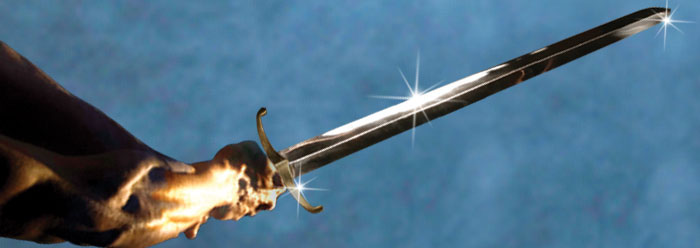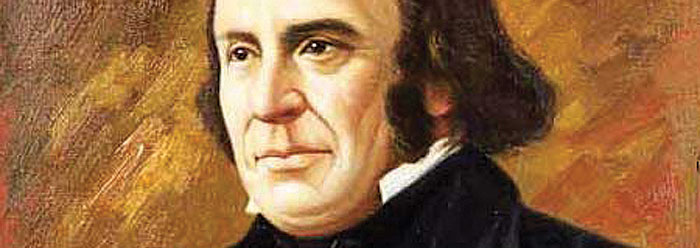
Darwin's Sacred Imposter: How Natural Selection Is Given Credit for Design in Nature
In medicine, a patient’s symptoms may be explained by many causes. Experienced doctors train new physicians to keep an open mind and an active list of potential diseases until evidence indicates one. Thoroughness for the patient’s sake is crucial, and skilled doctors quickly change their thinking if indicated by new evidence. The good of the patient far surpasses a doctor’s pride.

A Well-Watered Land: Effects of the Genesis Flood on Precipitation in the Middle East
 Scripture and paleoclimatology indicate that the Middle East had more trees and grass in the past. Several theories suggest that the climate is drier today because of overgrazing, cutting of forests, or geological change.
Scripture and paleoclimatology indicate that the Middle East had more trees and grass in the past. Several theories suggest that the climate is drier today because of overgrazing, cutting of forests, or geological change.

Darwin's Sacred Imposter: Recognizing Missed Warning Signs
In order for a human brain to “see” something external, the data patterns captured by the eyes must be associated with related patterns stored in memory. When they match, the mind accurately perceives things. Thus, prior education greatly influences the correctness of what people see…or are blind to.

Defending the Faith
In the next-to-last book of the Bible, the apostle Jude exhorts us to "earnestly contend for the faith which was once delivered unto the saints" (Jude 3). His warning refers primarily to professing Christians who would dilute the faith instead of defending it.

Louis Agassiz: Anti-Darwinist Harvard Paleontology Professor
Introduction
Jean Louis Agassiz (1807-1873) is regarded as one of the greatest scientists of the 19th century. A founding father of the modern American scientific establishment, Agassiz was also a lifelong opponent of Charles Darwin’s theory of evolution. Agassiz "ruled in professorial majesty at Harvard’s Museum of Comparative Zoology."



